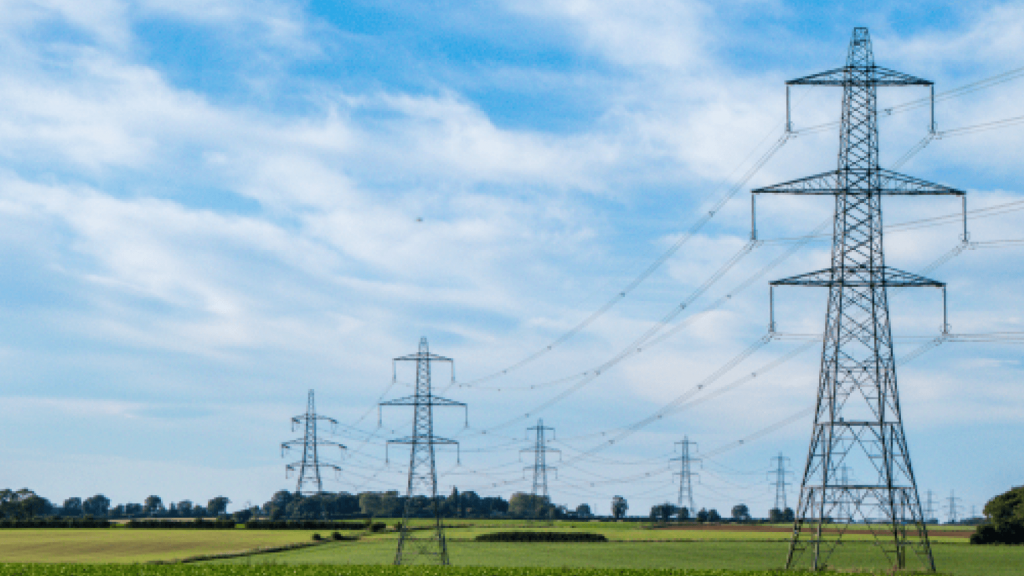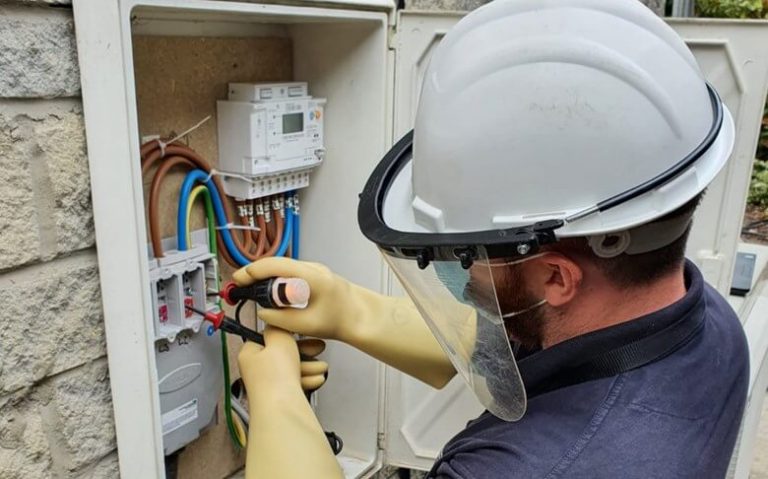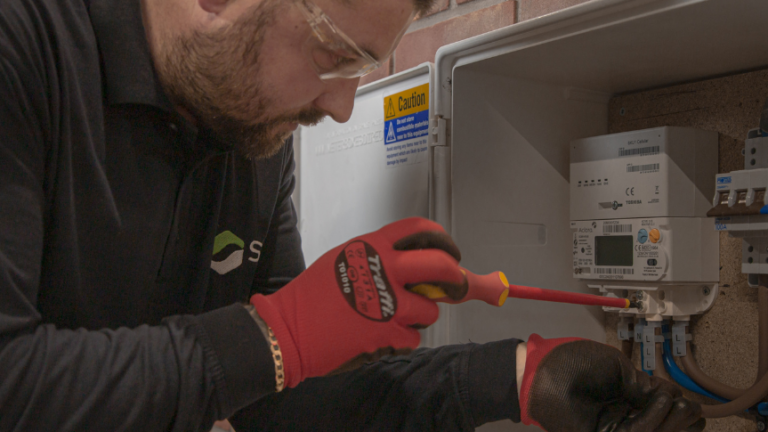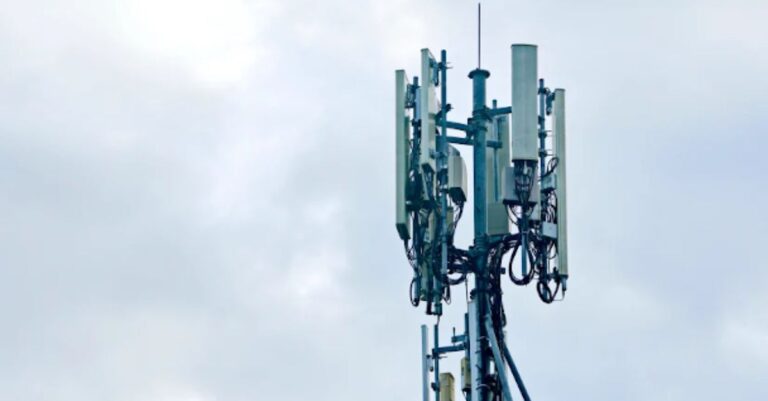Energy suppliers to have new reporting requirements amid smart meter rollout extension

Following the UK Government’s proposal to extend the smart meter rollout deadline until 2024, Ofgem is to put in place a new reporting framework that will monitor energy suppliers’ post-2020 obligations.
Ofgem’s consultation sets out how, under the planned new regulations put forward by the Department for Business Energy & Industrial Strategy (BEIS), suppliers must report their annual smart meter installation rates against their agreed targets from the start of 2021 to the end of 2024.
Suppliers’ post-2020 targets
Under the existing obligations energy suppliers must “take all reasonable steps” to install smart meters for their domestic and non-domestic before 31 December 2020.
However, with the Government currently consulting on a new regulatory framework that will see the rollout continue for additional four years, under proposed new obligations suppliers would have “binding annual installation targets to roll out smart and advanced meters to their remaining non-smart customer base until they reach a minimum smart coverage of 85%”.
Each year the annual milestones would be “re-set based on the proportion of a supplier’s customer base without a Qualifying Metering System as of 31 December of the previous year”. Suppliers would have to “meet their annual milestones within the allowed tolerance for that year and failure to do so would be a breach of their supply licences”.
Post-2020 reporting requirements
The Government’s proposals, as set out in its consultation, would apply to all suppliers in the market regardless of size and will include new entrants.
To ensure there is a shared understanding of what the milestones are for the year, Ofgem proposes that all suppliers must report their calculated annual milestones. Doing so will be important to ensure suppliers are meeting their legally-binging targets, the regulator said.
In its consultation, Ofgem does however consider “that it is proportionate that small suppliers should continue to be subject to somewhat less onerous reporting requirements under the proposed new obligation”, with large suppliers to be handed additional reporting duties, including projected installer capacity, productivity and abort rates for the upcoming year.
Nevertheless, conscious of the reporting burden on both large and small suppliers, Ofgem notes that the proposed new obligation “provides an opportunity to streamline the reporting requirements” when compared to the existing obligations.
Central to the new rollout obligations is that suppliers must continue to ensure that their customers have a good end-to-end installation experience, with the Smart Metering Installation Code of Practice to remain in place beyond 2020 besides Ofgem’s continued monitoring of compliance.
Ofgem is inviting views on its proposals until 26 November 2019.


